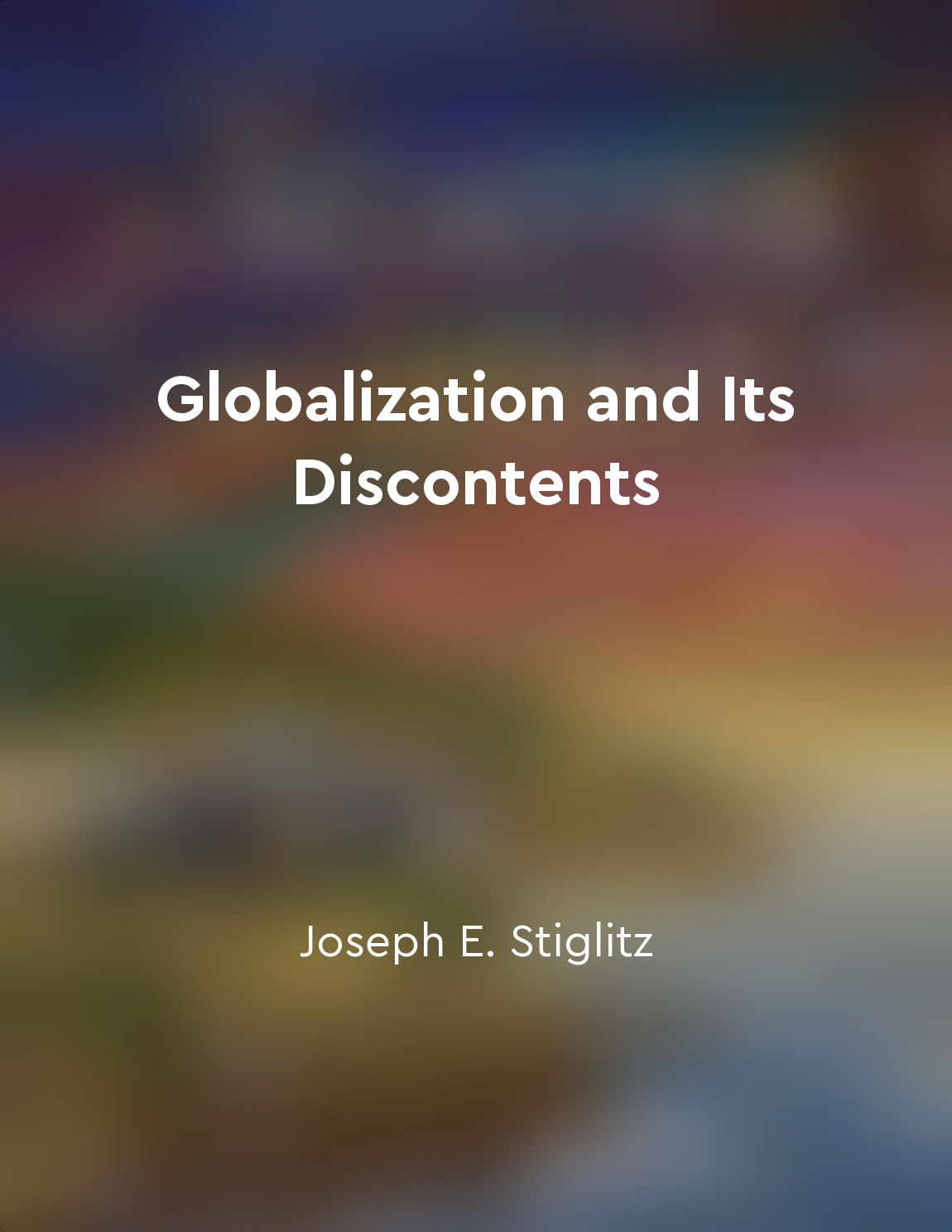Central planning is inefficient and ineffective from "summary" of Free to Choose by Milton Friedman
Central planning involves a small group of people making decisions for the entire society. This group believes they have the knowledge and wisdom to determine what is best for everyone. However, this assumption is flawed. No small group, no matter how intelligent or well-intentioned, can possibly possess all the knowledge needed to make decisions for an entire society. The information required to make these decisions is dispersed among millions of individuals in the society. Each individual has their own unique knowledge, preferences, and circumstances that must be taken into account. Central planners simply cannot gather, process, and effectively utilize all this information in a timely and efficient manner. Furthermore, central planning leads to a lack of incentives for individuals to work hard, be innovative, or take risks. When the rewards for effort and success are not tied to individual performance, people have little motivation to strive for excellence. As a result, productivity and creativity suffer, leading to stagnation and decline in the economy. In contrast, a decentralized system where individuals are free to make their own decisions based on their own knowledge and incentives is far more effective. In such a system, competition and the profit motive drive individuals to seek out opportunities, innovate, and constantly improve. This results in a dynamic and efficient economy that is responsive to the needs and desires of individuals. Central planning is not only inefficient but also ineffective in achieving its stated goals. History is rife with examples of failed central planning experiments that have led to economic stagnation, poverty, and even famine. The Soviet Union, for instance, attempted to centrally plan its economy for decades, with disastrous results.- Central planning is a flawed and misguided approach to organizing society. It ignores the dispersed knowledge and incentives of individuals, leading to inefficiency and ineffectiveness. A decentralized system that allows individuals the freedom to make their own decisions is far superior in promoting prosperity and well-being.
Similar Posts
Innovation leads to entrepreneurship
The process of innovation can be seen as a catalyst for the emergence of entrepreneurship in the economic landscape. When indiv...

Social responsibility should guide economic decisionmaking
The economic decision-making of a society is a crucial aspect that determines its overall well-being and prosperity. In the mod...
Behavioral economics explores how psychological factors influence economic decisions
Behavioral economics delves into the intriguing ways in which our brains can sometimes lead us astray when making economic deci...
Thomas Malthus argued that population growth would inevitably lead to poverty and scarcity
Thomas Malthus, an English clergyman, was one of the first economists to focus on the implications of population growth. He arg...

Cooperation between nations is essential to address global challenges
Global challenges such as climate change, pandemics, and financial instability do not respect national borders. These issues re...
Markets are not always selfregulating
The idea that markets are always self-regulating is a popular myth that has been perpetuated for many years. This myth suggests...


